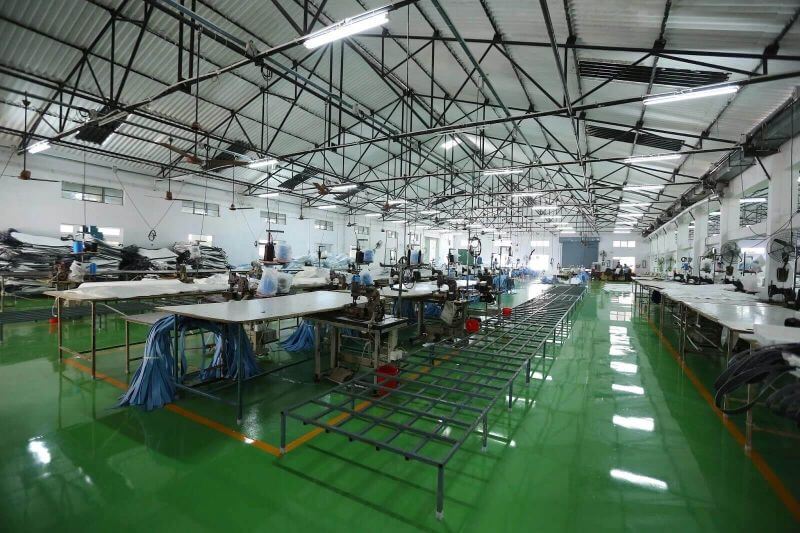



Nowadays, sustainability is more than just a catchphrase; it's an essential component of corporate operations. One aspect that is frequently disregarded in industries trying to reduce their environmental impact is packaging. On the other hand, FIBC (Flexible Intermediate Bulk Container) recycling programs can make a big difference in the manufacturing sector's environmental impact and waste reduction. Let's investigate how businesses might improve their sustainability initiatives by embracing FIBC recycling.
Understanding the Importance of FIBC Recycling:
Bulk bags, frequently referred to as Flexible Intermediate Bulk Containers (FIBCs), are essential for the transportation and storage of a wide range of commodities in the manufacturing industry. However, if not adequately managed, their broad use can result in enormous waste. In order to reduce environmental effects and promote sustainability, it is imperative to implement FIBC recycling efforts.
Educating and Engaging Employees:
Employee engagement and education are prerequisites for organizations to successfully execute FIBC recycling projects. This entails educating people on the value of recycling and offering instruction on safe handling and storage methods. Businesses may guarantee staff members actively participate in recycling initiatives by cultivating a sustainable culture within the workforce.
Partnering for Efficient Recycling Processes:
Effective FIBC recycling requires cooperation with waste management firms or specialist recycling facilities. These partners provide experience in cleaning, sorting, and processing discarded FIBCs to ensure they fulfil quality requirements for recycling or reuse. Manufacturers can optimize resource recovery and streamline the recycling process by utilizing external resources.
Leveraging Innovative Technologies:
Innovative technologies are essential to the recycling of FIBCs. Utilizing techniques like shredding and extrusion, outdated FIBCs can be converted into fresh raw materials for production. Businesses can reduce their environmental impact and increase the lifespan of FIBCs by adopting these solutions.
Benefits of FIBC Recycling for Manufacturers:
For producers, there are many advantages to implementing FIBC recycling operations. First of all, compared to conventional waste management techniques, it helps save disposal costs. Businesses can save waste disposal costs and possibly make money by selling recycled materials by keeping FIBCs out of landfills.
Enhancing Corporate Responsibility and Brand Reputation:
Implementing FIBC recycling improves brand reputation and shows business commitment. Customers favour companies that put sustainability first in an increasingly ecologically sensitive market. Manufacturers can obtain a competitive advantage and draw in environmentally sensitive customers by demonstrating their dedication to recycling and waste reduction.
Contributing to Resource Conservation:
By reducing the need for virgin materials, FIBC recycling helps to conserve resources. Manufacturers may lessen their dependence on scarce resources and promote a more circular economy by reusing and recycling FIBCs to increase their lifespan.
In conclusion, FIBC recycling programs are a proactive way for the manufacturing industry to go green and lessen its influence on the environment. Manufacturers may set the stage for a more sustainable future by training staff members, collaborating with recycling facilities, utilizing cutting-edge technologies, and benefiting from recycling.
